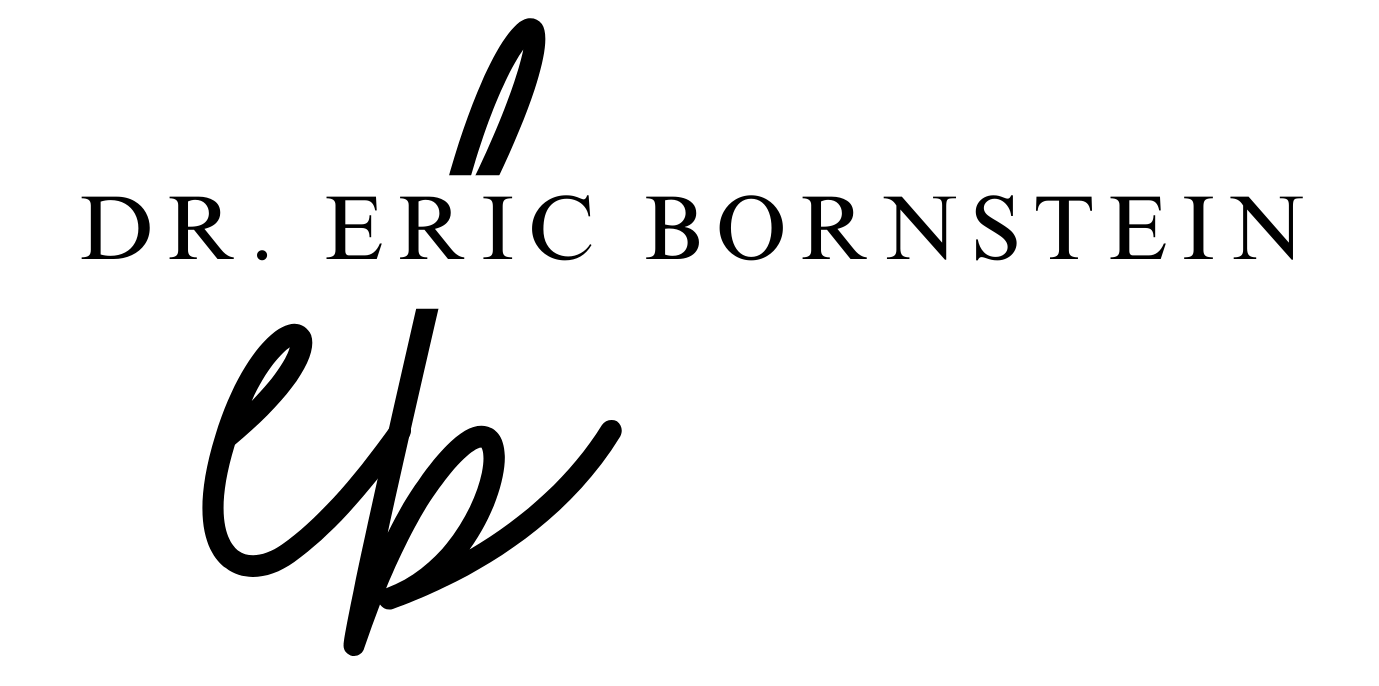Course 1 - Preventing Endocarditis
Antibiotic Prophylaxis & Protocols
Premedicating a patient for bacterial endocarditis presents several challenges. One of the primary challenges is the identification of patients at risk. Bacterial endocarditis is more common in patients with certain heart conditions, including congenital heart disease, prosthetic heart valves, and a history of previous endocarditis. However, it can also occur in patients with no known heart disease, making risk assessment difficult. Additionally, the bacteria that cause endocarditis are often part of the normal flora of the mouth, skin, and intestines, so any invasive procedure or even minor skin trauma can potentially introduce these bacteria into the bloodstream. Combine this situation with skyrocketing IV drug use in urban and rural areas, and the inevitable increase in endocarditis becomes obvious.
Another challenge is the selection of appropriate prophylactic antibiotics. The choice of antibiotic should be guided by the most likely pathogens, which can vary depending on the patient’s specific risk factors and the nature of the procedure. However, antibiotic resistance is a growing concern, and the most effective antibiotics may not be suitable for all patients due to allergies or other contraindications. Furthermore, the timing of antibiotic administration is crucial, as it must be given within a certain window before the procedure to ensure adequate blood levels during and immediately after the procedure. This requires careful coordination and communication between the healthcare team and the patient.

The goal of this webinar is to help professionals in dentistry, pharmacy, nursing, nursing home administration, and substance abuse counselors review and update their knowledge of endocarditis. Common risk factors, typical clinical presentations and serious complications will be covered along with appropriate diagnostic evaluations, current guidelines for antibiotic prophylaxis, and treatment protocols for multi-drug resistant infections.

This course offers 4 – CE credit hours for the following professions:
NURSES, DENTAL PROFESSIONALS, PHARMACISTS, REGISTERED DIETITIANS & DTRs, PSYCHOLOGISTS, MENTAL HEALTH COUNSELORS & ADDICTION COUNSELORS, MARRIAGE & FAMILY THERAPISTS, SOCIAL WORKERS, OCCUPATIONAL THERAPISTS & OTAs, PHYSICAL THERAPISTS & PTAs, CASE MANAGERS, NURSING HOME ADMINISTRATORS (Distance Learning), MASSAGE THERAPISTS.
